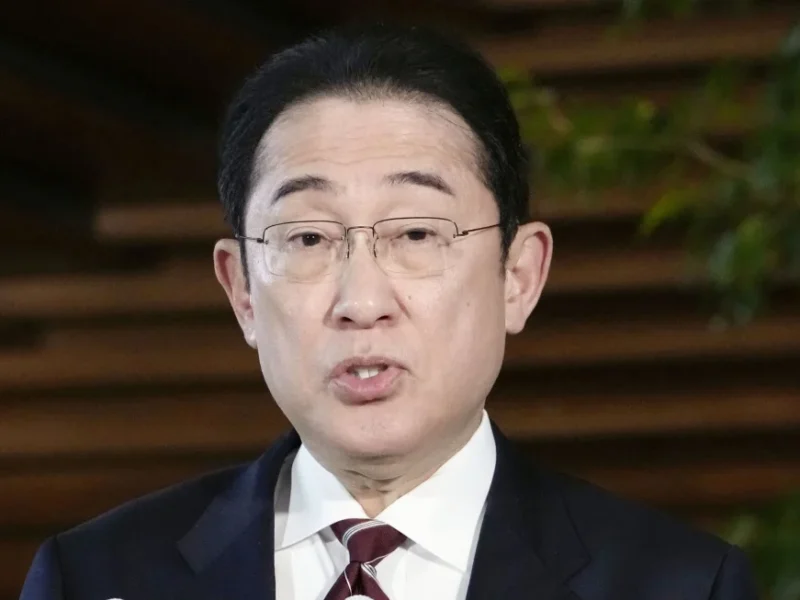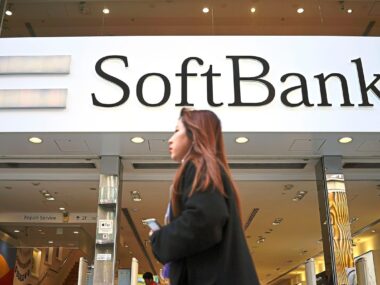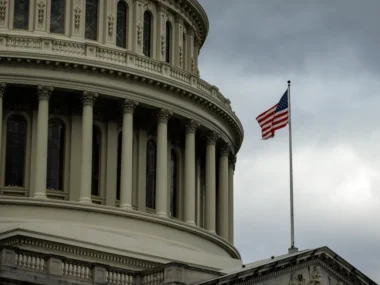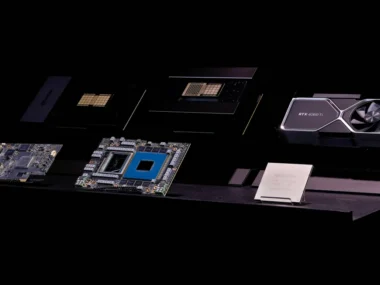Once regarded as a significant economic rival to the United States, Japan is now seeking to collaborate with the world’s largest economy by directly appealing to American executives for investment in its emerging tech sectors. These include artificial intelligence (AI), semiconductors, and clean energy.
During a lunch meeting with American CEOs in Washington, Prime Minister Fumio Kishida expressed Japan’s openness to American participation in “critical and emerging technology” and assured them that investment opportunities would be reciprocal. Kishida emphasized that the economic growth resulting from American investments in Japan would fuel further investments by Japanese entities in the United States.
Kishida’s visit to the US precedes a summit with President Joe Biden, expected to concentrate on defense and economic relations. He noted that Japanese foreign direct investment in the US surpassed $750 billion last year, making Japan the largest foreign investor in America and contributing to the creation of over 1 million jobs.
Just before the lunch meeting, Microsoft announced a plan to invest $2.9 billion in expanding its cloud computing and AI infrastructure in Japan, as well as establishing its first Microsoft Research Asia lab in the country. This investment is reportedly Microsoft’s largest ever in Asia’s second-largest economy. Executives from various companies attended the event, including IBM Vice Chairman Gary Cohn, Micron Technology CEO Sanjay Mehrotra, Boeing Defense, Space & Security CEO Ted Colbert, and Pfizer CEO Albert Bourla.
The strengthening business connections between Washington and Tokyo coincide with efforts to modernize their political and military alliance. Both countries are addressing regional threats such as North Korea’s weapons testing, growing relations with Russia, and China’s assertiveness in the South China Sea and toward Taiwan.
In an interview with CNN in Tokyo before his trip, Kishida acknowledged that escalating geopolitical tensions have brought the world to a “historic turning point,” prompting Japan to reassess its defense posture.
Collaborating on chip technology
During the lunch event, hosted by the US Chamber of Commerce in Washington, the prime minister commended the joint investment efforts between the US and Japan in the semiconductor industry. He highlighted the collaboration between Tokyo-backed chipmaker Rapidus and IBM to introduce advanced chip technology to Japan.
“In the semiconductor sector, Rapidus is collaborating with a US company on the research and development of next-generation chips. There are certainly more opportunities for collaboration between Japan and the United States,” he remarked. Earlier this month, Japan’s industry ministry approved subsidies totaling up to 590 billion yen ($3.9 billion) for Rapidus, in addition to the 330 billion yen ($2.17 billion) already pledged by the government.
Using IBM’s technology, Rapidus is constructing a semiconductor fabrication plant, or fab, on Hokkaido island. It plans to commence pilot production of two-nanometer chips in April 2025, with mass production scheduled for 2027, according to previous statements from the chipmaker to CNN. Although Japan once dominated the global semiconductor industry, it relinquished its lead to companies like TSMC, Intel, and Samsung years ago.
Rapidus signifies Japan’s resurgence in chip manufacturing. This resurgence coincides with increased restrictions from Washington on the types of semiconductors American companies can sell to China.
The technological rivalry between the world’s two largest economies has intensified in recent years. Over the past year, the US has rallied its allies in Europe and Asia, including Japan, to limit the sale of advanced chipmaking equipment to China.
On Tuesday, Kishida also aimed to dispel doubts about the strength of the Japanese economy, which recently slipped from its position as the world’s third-largest economy to Germany.
“We are optimistic that 2024 will be the year for the Japanese economy to completely overcome the deflationary sentiment and the mentality of cost-cutting and downsizing that has burdened our nation,” he stated.
Last month, Japan made a significant shift away from its aggressive monetary easing program, which had been implemented years ago to combat chronic deflation, by ending its era of negative interest rates and implementing its first rate hike in 17 years.











